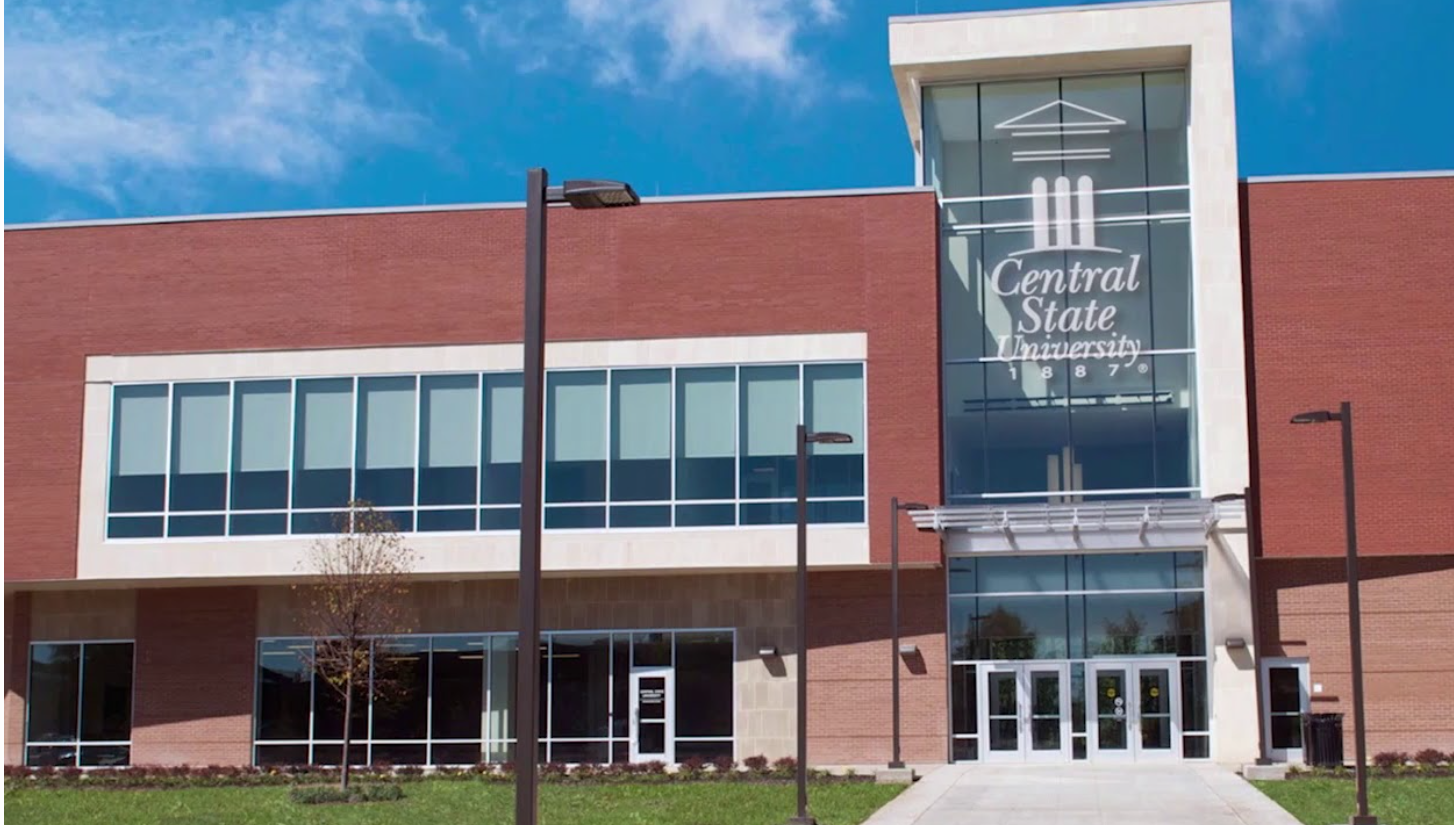Balancing academics, extracurricular activities, social life, and, in many cases, a part-time job can be difficult for a college student. In the midst of all this activity, sleep frequently takes a backseat. However, studies show that taking naps is an important part of sustaining both mental and physical wellness. This article discusses the importance of napping for college students as well as the health benefits linked to it.
Strengthening Cognitive Function
One of the most significant benefits of napping is improved cognitive performance. College students are frequently expected to acquire a huge quantity of material, engage in critical thinking, and display creativity. Sleep, particularly REM sleep , is critical for memory consolidation and new information acquisition. A 20- to 30-minute snooze helps refresh the mind, increase alertness, and improve the ability to process and remember information. According to research, students who nap have greater problem-solving abilities and longer attention spans, which leads to enhanced academic performance.
Increase in Mental Health
College life may be difficult, with students under continual pressure to succeed academically and socially. Napping can help you manage stress and improve your mental health. Short naps can lower cortisol levels , a hormone linked to stress, making kids feel more relaxed and less worried. Furthermore, enough sleep, including naps, has been linked to a better mood and fewer symptoms of depression. Naps, which provide a mental reset, can help students approach their tasks with a clearer and more optimistic outlook.
Improving Physical Health
In addition to cognitive and mental benefits, naps can improve physical health. Sleep deprivation can damage the immune system, leaving students more vulnerable to sickness. Napping can help reduce this risk by giving the body the rest it requires to heal and boost its immune system. Furthermore, getting enough sleep is vital for regulating hormones that affect appetite and metabolism. College students who nap frequently may find it simpler to maintain a healthy weight and make better eating choices, lowering their risk of obesity and other health problems.
Improving Athletic Performance
Many college students engage in sports or physical activities that require peak physical performance. Napping can help athletes perform better by boosting reaction speeds, decreasing fatigue, and enhancing endurance. A short nap can provide the rest required to regenerate muscles and refill energy levels, resulting in improved athletic and exercise performance.
Ideal napping strategies
To maximize the benefits of napping, students should aim for 20 to 30 minute naps. This time is great for increasing alertness and performance while avoiding sleep inertia , a foggy sensation that can result from prolonged naps. For those with the time and chance, a 90-minute nap can be advantageous since it provides for a complete sleep cycle, including both REM and deep sleep, which can improve memory and creativity. It’s also important to consider nap times. Early afternoon is often the most beneficial moment because it corresponds to the natural fall in attention that occurs during the day. Napping too late in the day can affect nocturnal sleep, resulting in insomnia and irregular sleep patterns.
In conclusion , naps are more than a luxury; they are a requirement for college students who are trying to manage their lives. Napping has cognitive, mental, and physical health advantages, making it an important habit for improving overall well-being. Regular naps can help students enhance their academic performance, manage stress, and maintain good physical health. As a result, getting sleep can be one of the most beneficial investments a college student can make for their health and success in school.
.




